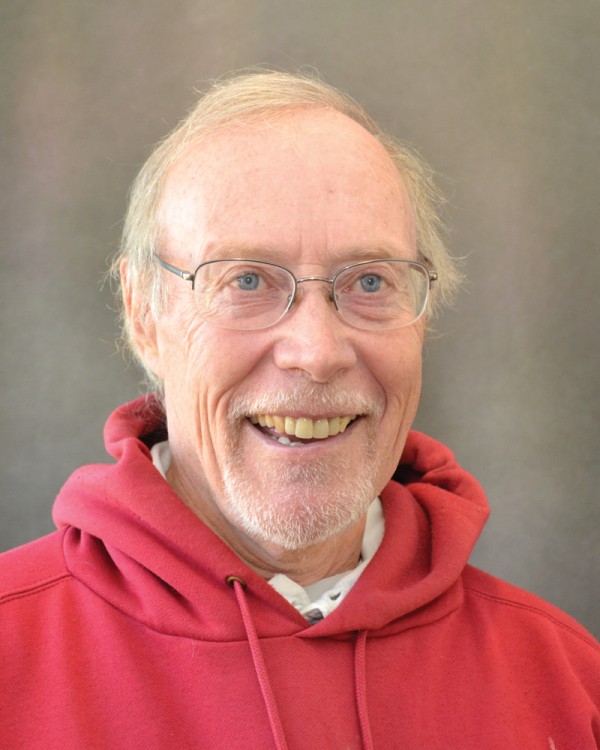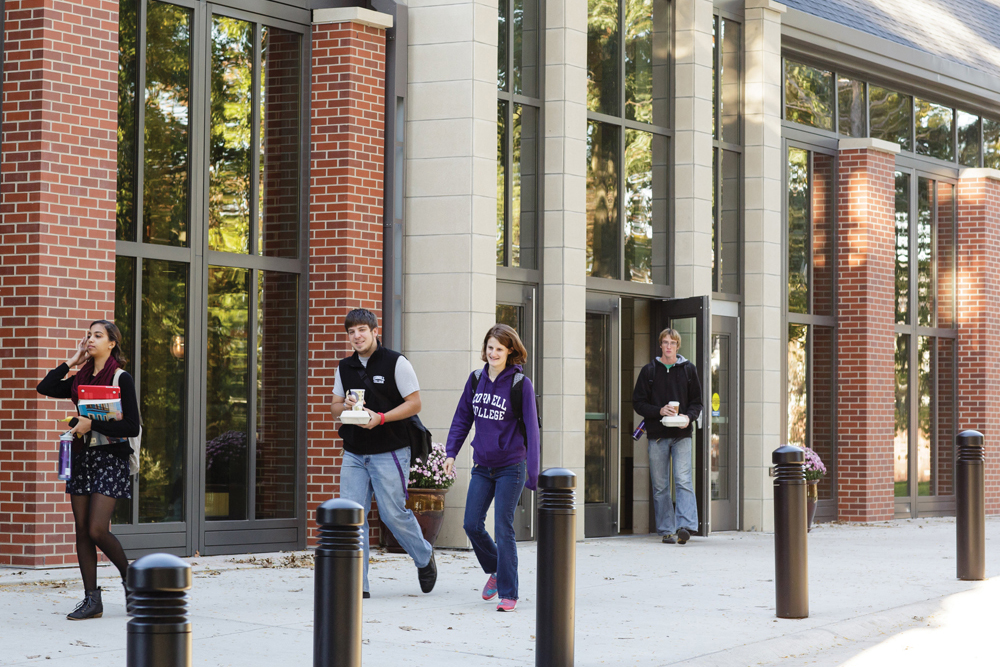Cornell’s chance to innovate
In April 2012, as Cornell College President Jonathan Brand was being inaugurated and began to talk about his vision to re-imagine the liberal arts experience at Cornell, his idea resonated with one person in particular.

Peter McCormick ’65, a longtime philosophy professor at Coe College in Cedar Rapids, was at the ceremony as a representative of Coe as well as an alumnus of Cornell. He started to think about how he would do what Brand was talking about.
“I started to wonder, ‘What would I do if I were at Cornell?’” he said.
McCormick said that because of Cornell’s One Course At A Time curriculum and history of doing things differently, the college has a chance to really innovate while still staying true to the liberal arts ideal. Nearly every college, large or small, claims to instill critical thinking skills in its students, he said, but many of them don’t really do so. Rather, he said, the professors focus on lecturing within their discipline. But as many of Cornell’s alumni already know, the block plan isn’t well suited to professors lecturing, because even if they could speak for four hours a day on a topic, students won’t absorb that information well.
The teaching style encouraged by One Course At A Time, with discussions and hands-on exercises preferred to a traditional lecture, puts Cornell in a great position, McCormick said, because it allows professors to focus on teaching the skills the liberal arts emphasizes: critical thinking, close reading, and strong written and verbal communication. Those intellectual skills matter the most, he said, and they allow students to master disciplines more easily.
“When you really focus on developing critical thinking skills in students, lots of wonderful things happen,” he said.
Part of the college’s strategic plan is to focus on a number of outcomes—critical thinking among them—across the entire curriculum and even in co-curricular activities and the residential experience. There are problems to solve in McCormick’s view, including measuring those outcomes in a way that’s comparable to the measures from other colleges and universities, and ensuring that students not only learn critical thinking, reading, and communication, but also the basic knowledge that will be expected of them in their first job or in graduate school.
But, he said, the ideas that President Brand first brought up in his inaugural speech, and that have been expanded upon in the college’s strategic plan, are steps toward making Cornell more distinctive and more successful.
“It can be the basis for a different kind of education,” he said.


